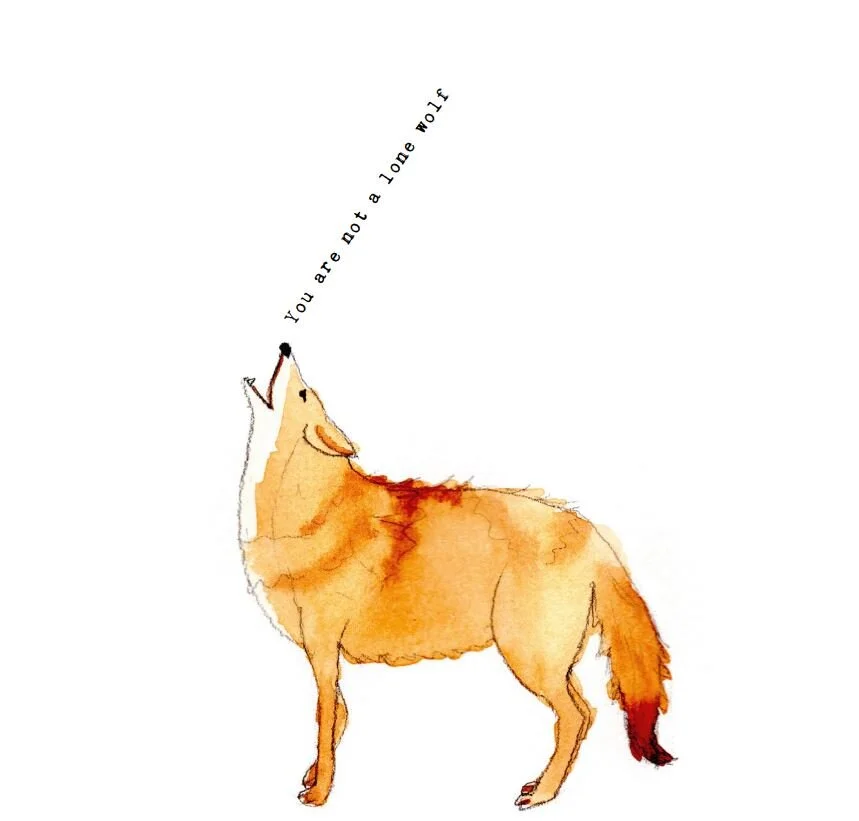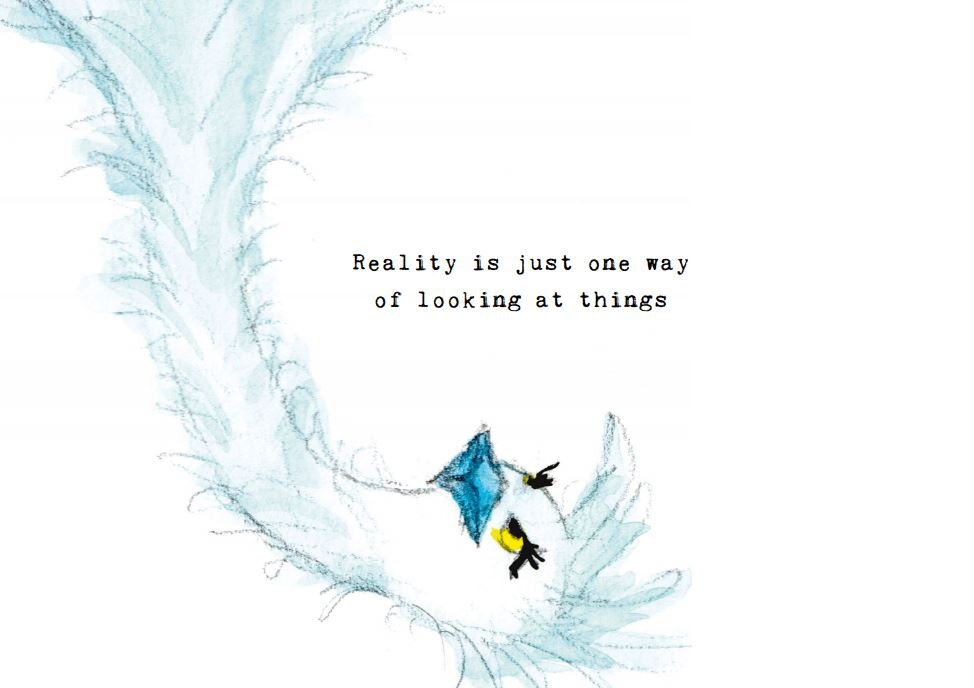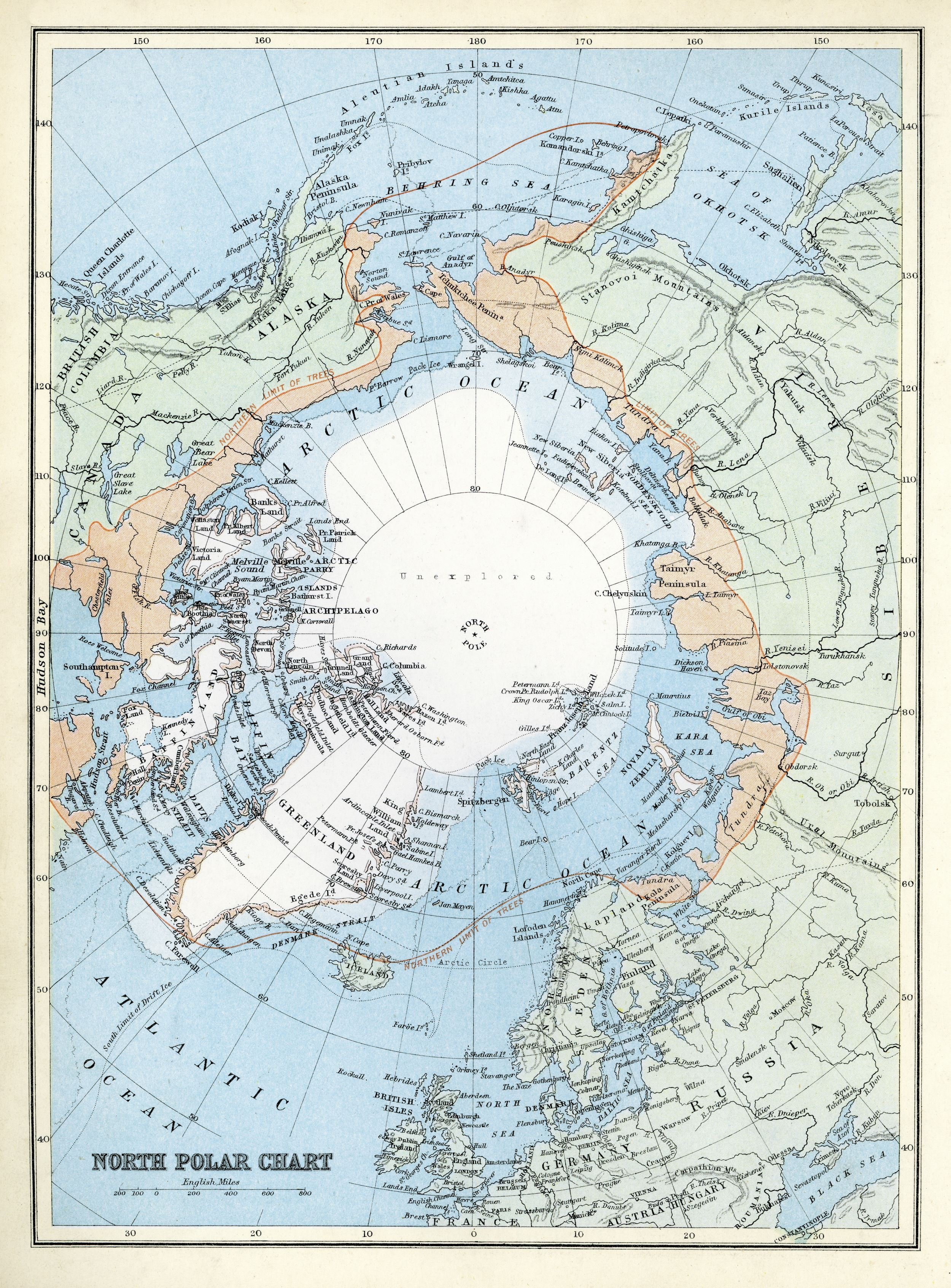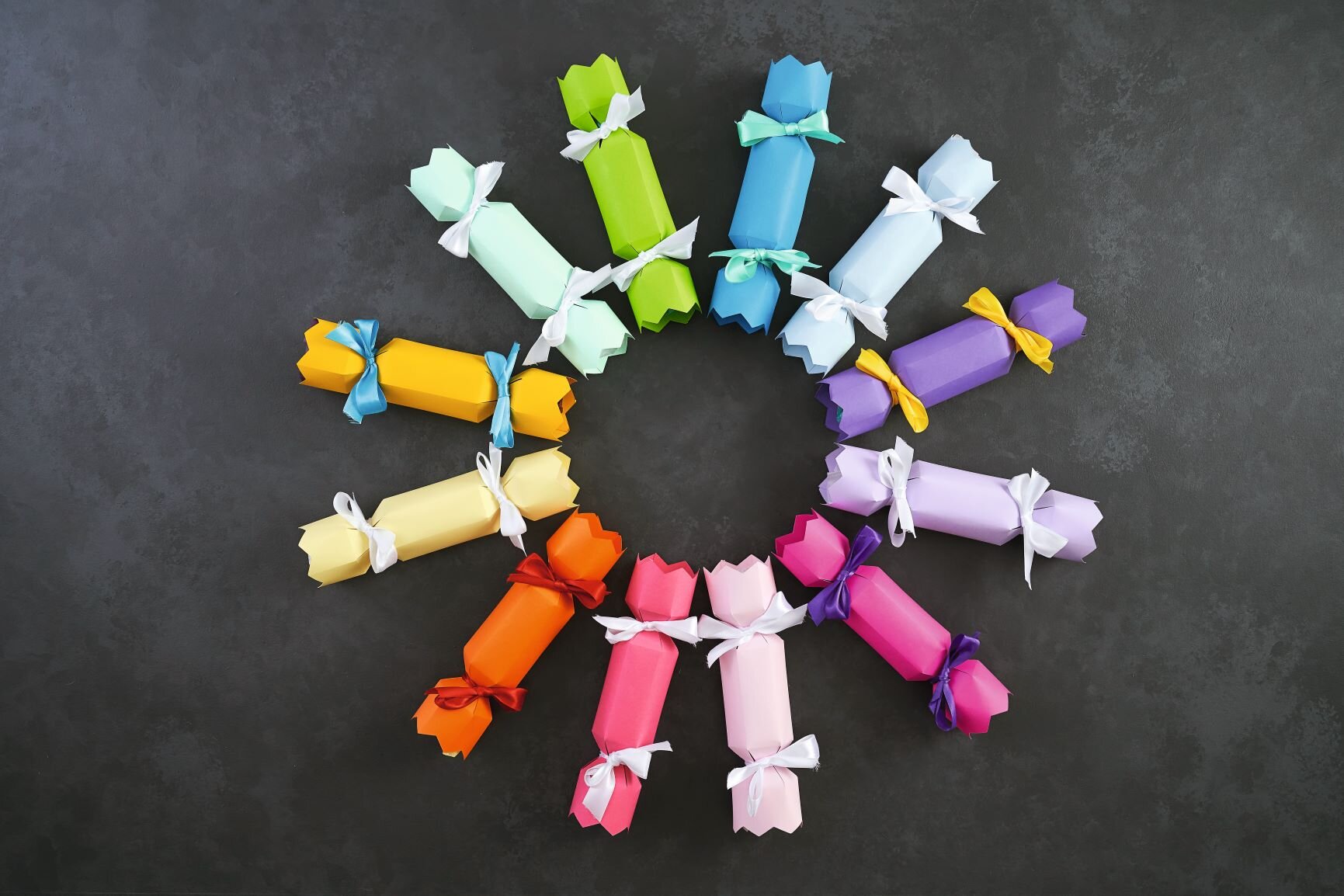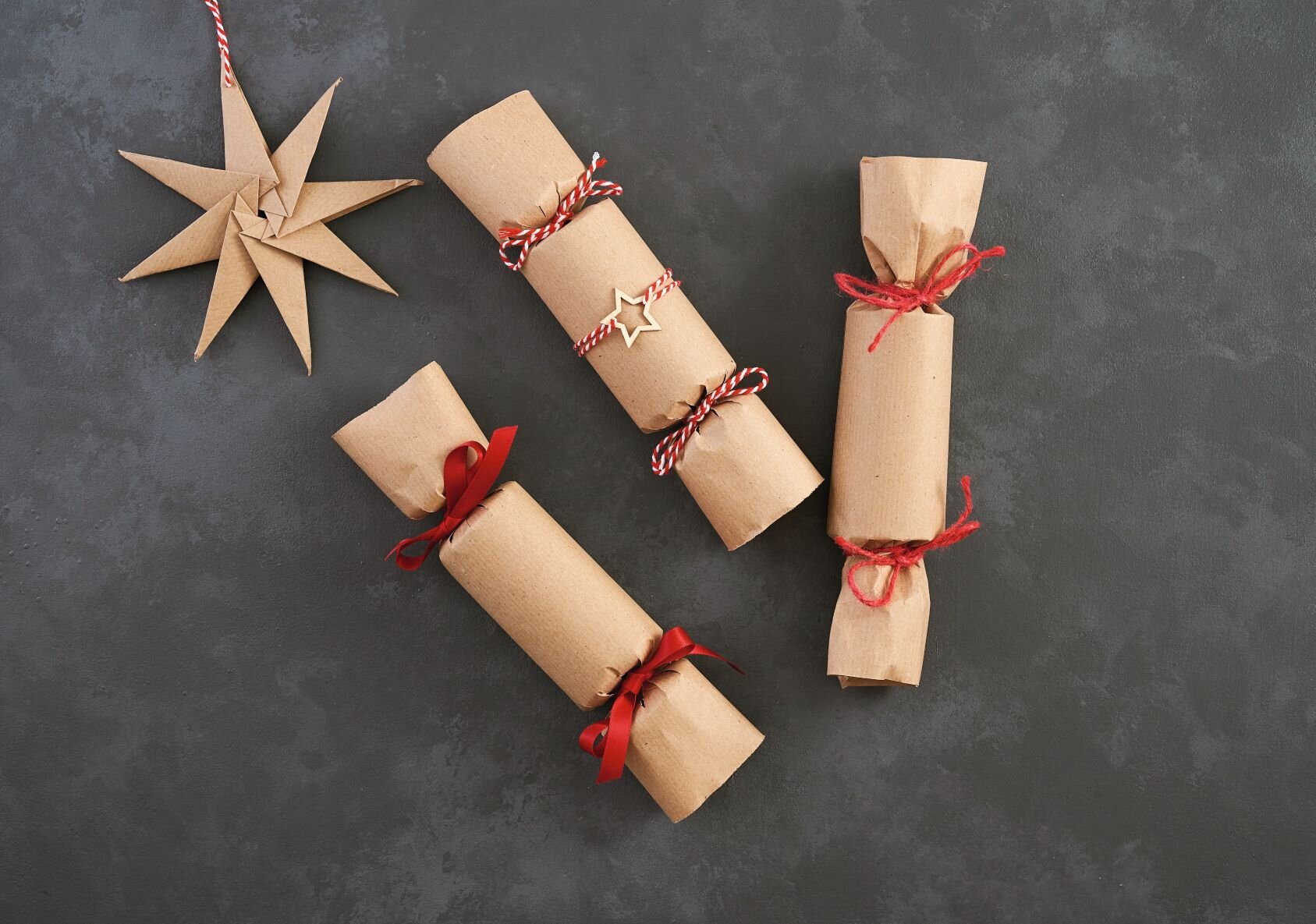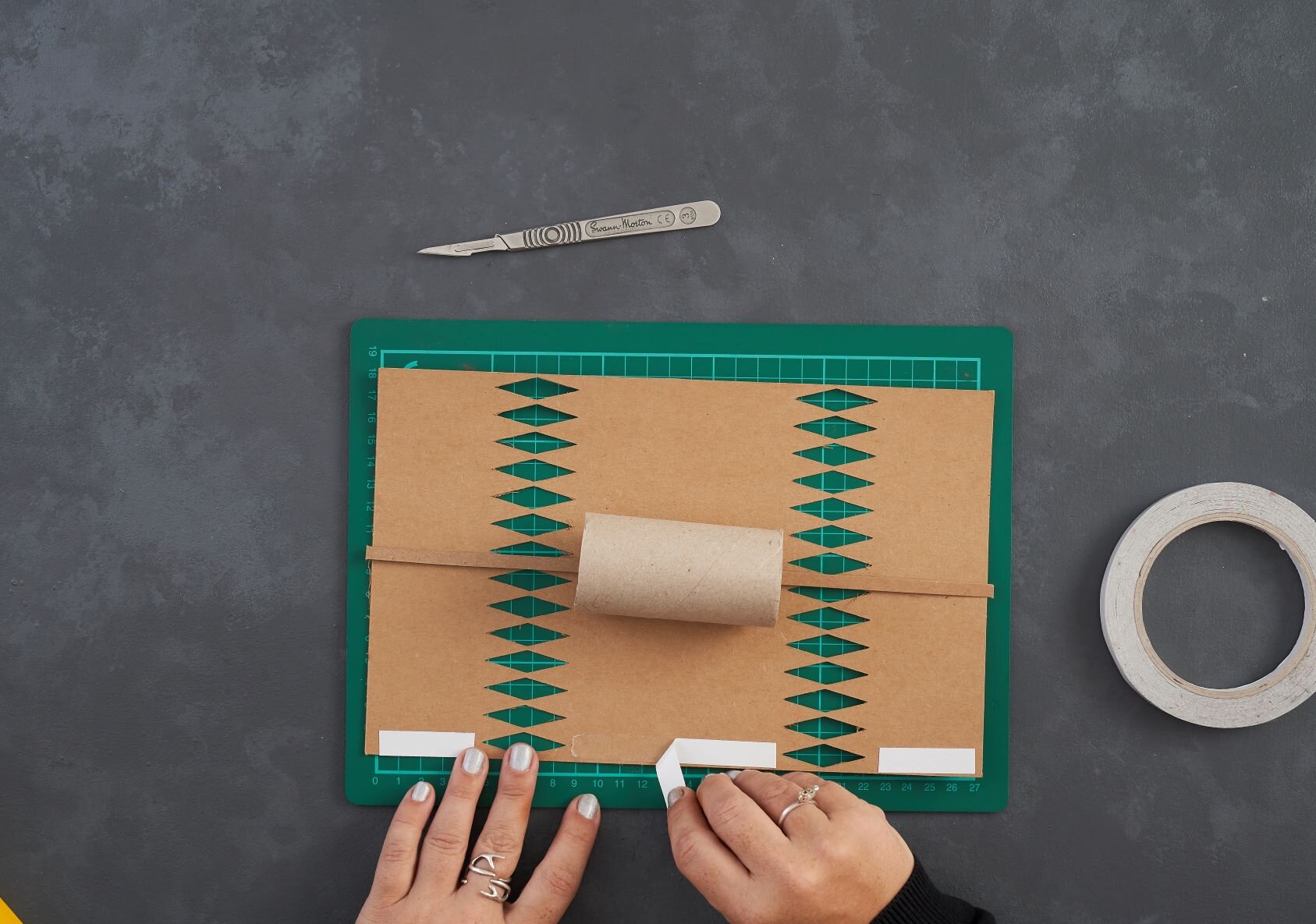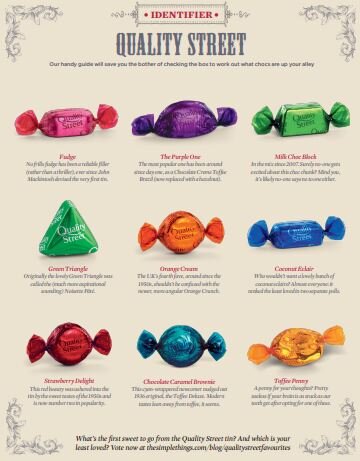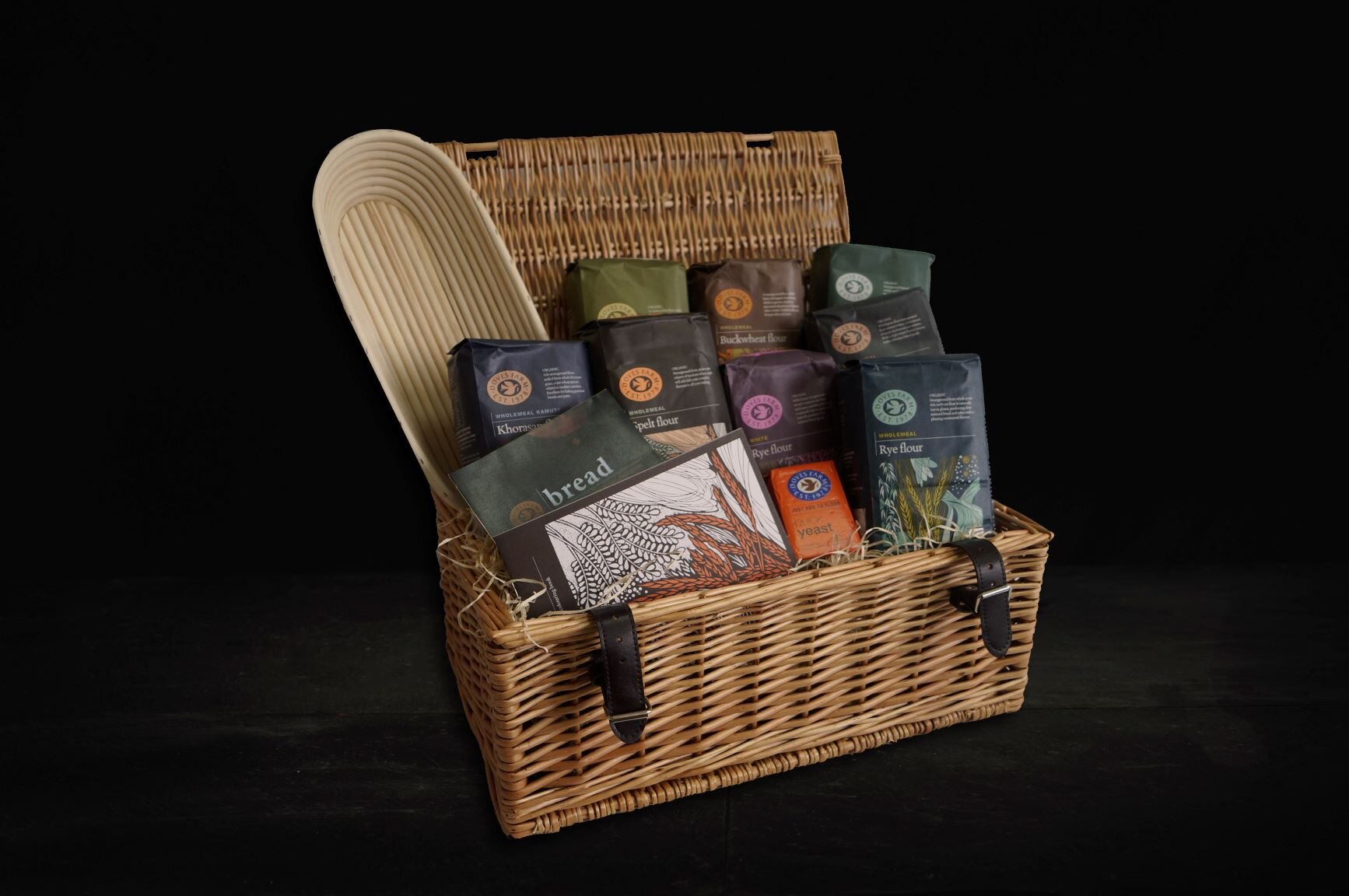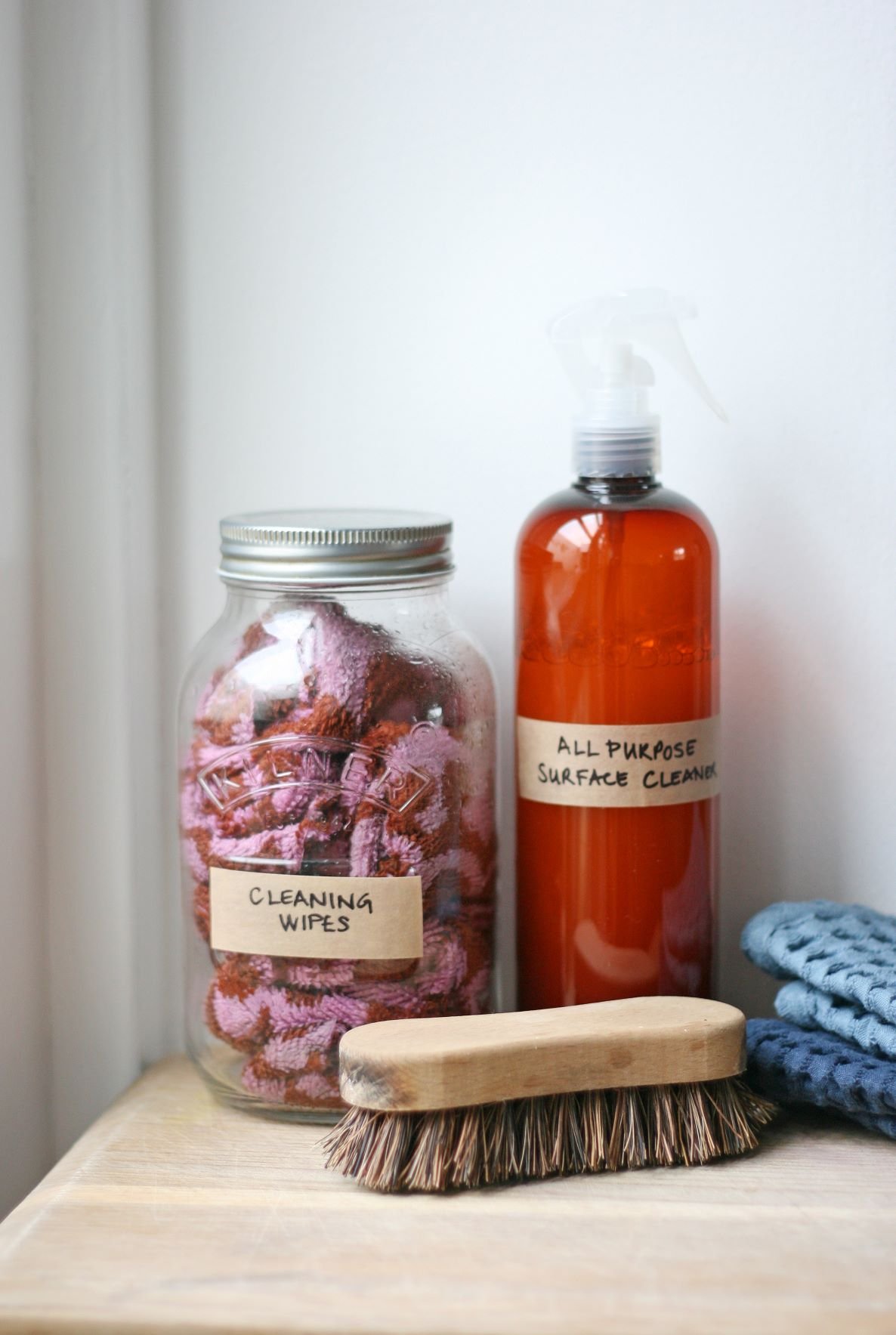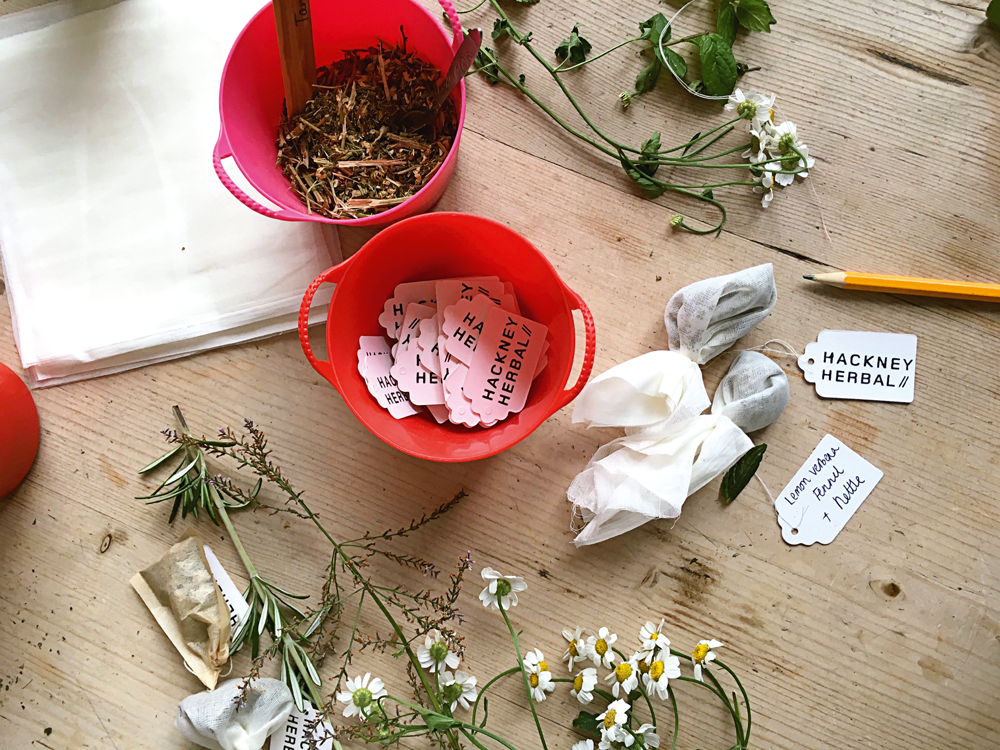Paternoster
Offices of Unwin-Carruthers & Unwin-Carruthers, Solicitors April 1930
‘Philip…’
‘Hm? Oh. Good morning, Miss Marfleet.’ She looked troubled.
‘I see. You’re back to addressing me as Miss Marfleet. No more Alice. Am I to stop calling you Philip?’
‘I’m sorry. I never know what to call you, or how to think about our…predicament.’ My
own grumbling bored me. The trouble with complaint is that it does not move things forward. ‘Do you have good news for me?’ I asked. One might as well remain optimistic for as long as is feasible.
‘Philip, I can’t bear this uncertainty. I must decide. I have decided. I can’t marry you. Not with Father’s passing still unresolved. Don’t you see? It’s bad enough to live with one unanswerable question. Endless not-knowing is a torment.’
‘Well, true, but…you could say yes. Then I could refer to you as Mrs Unwin-Carruthers — no more Miss Marfleet! Yes is as firm an answer as no, and one that would prove more satisfying for us both.’
‘I’m not fit to be anyone’s wife, Philip, not with this horrible…question looming over me.
Tell me truthfully: do you still believe we will one day know who killed Father?’
I left my desk and walked over to the window. Was it time to risk unvarnished honesty? ‘I believe that if you sincerely wished to know, then you could.’
‘What do you mean?’ Alice said sharply.
For some ten years before his death, I had looked after the legal affairs of Stanley Marfleet, Alice’s father. I had become well acquainted with all three of his daughters and fallen in love with Alice, his youngest. I sought Stanley’s permission to ask for her hand in marriage, and he granted it. I duly made my proposal and Alice told me, eyes a-sparkle, that I would receive her answer very soon.
Instead, three days later came the news that Stanley Marfleet had been found bludgeoned to death in his study. A blood-encrusted poker lay on the carpet beside his body. No fingerprints were found upon it. Nothing useful was discovered by the police, apart from one peculiarity that nobody could explain: on Stanley’s desk was a cup, a matching saucer, and a quantity of tea.
Let me be clear: I do not mean that there was an undrunk cup of tea resting upon a saucer; there would have been nothing remarkable in that. The saucer was sitting on the desk and the cup was perfectly centred upon it, but upside down. A little of the tea was in the saucer but most of it was in a large pool on the desk.
Alice had become obsessed with this detail. Dozens of times she’d asked me, ‘Isn’t it possible that Father knocked over the cup while he was being attacked and it simply landed that way?’ I always gave the same answer: ‘I suppose so, just about’ — to which Alice always instantly replied, ‘No. It’s impossible. If you accidentally knock a cup, it couldn’t land back on its saucer in a way that looks so carefully positioned. Never.’
Now, aware of Alice awaiting my response, I said, ‘I believe you could know the truth if you wanted to. But you fear it.’
‘Philip, if the police can’t —’
‘The police don’t know your sisters as you do.’
‘Lily and Julia were nowhere near Father’s house on that day. It’s been proven. And Father’s will hardly shocked them. They expected it. He was married to their mother only for a short time, and he was never a true father to them. My mother was the great passion of his life.’
Evidently she did not see that these circumstances could equally explain why her sisters might find the will especially intolerable. ‘You need to think more clearly and…factually,’ I told her. ‘Alibis can be manufactured. And the cup must have landed upside-down by accident. Your father was hardly the puzzle-leaving sort. On the contrary: he loathed silly puzzles. And the way Lily spoke to you about that silly magic square, which you’ve conveniently erased from your memory…
‘But, Philip, you don’t remember either!’
‘I know, but…why go over this again? I should give up — on marrying you, on justice for Stanley, on everything I’ve hoped for!’ I scarcely recognised myself during this outburst. Love can do strange things to a chap.
‘Please, Philip, don’t be angry,’ Alice cried. ‘Might we go over that strange afternoon once more? You say I fear the truth, but you’re wrong. I wish I could know!’
‘Do as you please,’ I snapped, turning away from her. ‘We were in this room: you, me, Lily, Julia and Edward.’ I shuddered at the mention of Julia’s guttersnipe husband.
‘You read us Father’s will. I assured everyone that I’d make things right and equal. Julia hugged me. Edward said I’d made an honourable decision. Oh!’ Alice stopped. ‘You must help me to give Lily and Julia their shares of my share. It’s wrong to make them wait any longer. I know you suspect Lily, but…I don’t.’
‘Julia and Edward were grateful,’ I agreed. ‘They had many times tried and failed to persuade Stanley to make things more equitable. Lily had done no such thing, and she was ungrateful. She said, “If Paternoster didn’t want me to have it then I don’t want it.”’
‘Yes, and then she explained that Paternoster means “Our Father” in Latin.’ Edward was offended, said he knew fine well what it meant, and asked if she knew about the magic square of Pompei.’
Alice leaned over, took a pen and a sheet of paper from my desk and recreated the magic
square.
R O T A S
O P E R A
T E N E T
A R E P O
S A T O R
‘Then Edward rearranged the words in a cross shape…’ she said, ‘…with ‘Paternoster’ going across and down, sharing the letter “n”, and with two As and two Os left over, which apparently makes it a secret symbol of Christianity somehow. Edward said the square was a palindrome. Lily sneered that only the middle word, TENET, was a palindrome. That’s where both of our memories grow hazy. The next thing I remember is you, red-faced, telling Lily and Julia that if either of them spoke to me like that again, you would throw them out on the street. Edward said, “What on earth do you mean?”, and Lily asked if you’d gone mad and…and…oh!’
‘Alice, what is it?’
‘TENET,’ she whispered. ‘It’s the only palindrome — that’s what Lily said. While AREPO is simply OPERA reversed.’
‘Darling, what’s wrong?’
‘I know who killed Father,’ Alice said.
*****************
‘Tell me.’ I crouched down beside her.
She stared at the square of words. ‘Edward was right. It is a palindrome, if you lay the five words end to end — ROTASOPERATENETAREPOSATOR. Lily misunderstood. He wasn’t claiming that each word was a palindrome. What a clever magic square! And to be able to make the Paternoster cross, too! It’s really rather marvellous that they found it among the ruins of Pompei.’
‘What does this have to do with Stanley’s death?’
‘All this time, I’ve wondered, Philip: what terrible things might Julia and Lily have said that day that prompted you to threaten them? Odd, isn’t it, for us both to forget? And why would my sisters savage me? I had promised to share everything equally. Lily didn’t even want Father’s money. Why should she accuse you of having gone mad unless…unless you’d reacted to something that never happened?’
‘What do you mean?’ There was a limit to how much Alice could know. She was surely unaware (or she’d have mentioned it) that Stanley had consulted me about making a new will, to make things equal between his daughters. Julia, damn her, had persuaded him that was fairer. And then, if Alice had married me as I’d hoped she would, we’d have been unnecessarily poorer. Unless something were to happen to Stanley before the new will could be made…
‘You reacted with anger to nothing,’ said Alice. ‘I didn’t forget the dreadful things Lily and Julia said; neither did you. They said nothing offensive. You needed that conversation to end: the discussion about palindromes and words that were other words reversed. You were afraid I’d tumble to the truth: that you murdered Father. That, while dying, he managed to turn over that cup of tea — and in doing so, name his murderer. The word cup, upside down, gives us the letters p, u, c. Philip Unwin-Carruthers. As you say, Father wasn’t one for setting puzzles. Your words contained an assumption: that Father turned the cup upside down, not his murderer. How could you have known that unless you were there? Unless you killed him?’
What a fool I’d been, so secure and smug in the assumption that she’d never work it out.
Well, there was only one thing for it — though Alice hadn’t yet got that far in her deductions. She soon would. What choice did I have? I was hardly about to let her leave my room and go straight to the police.
It was a terrible pity. I sincerely loved her. We could have been so happy together.
The end.











